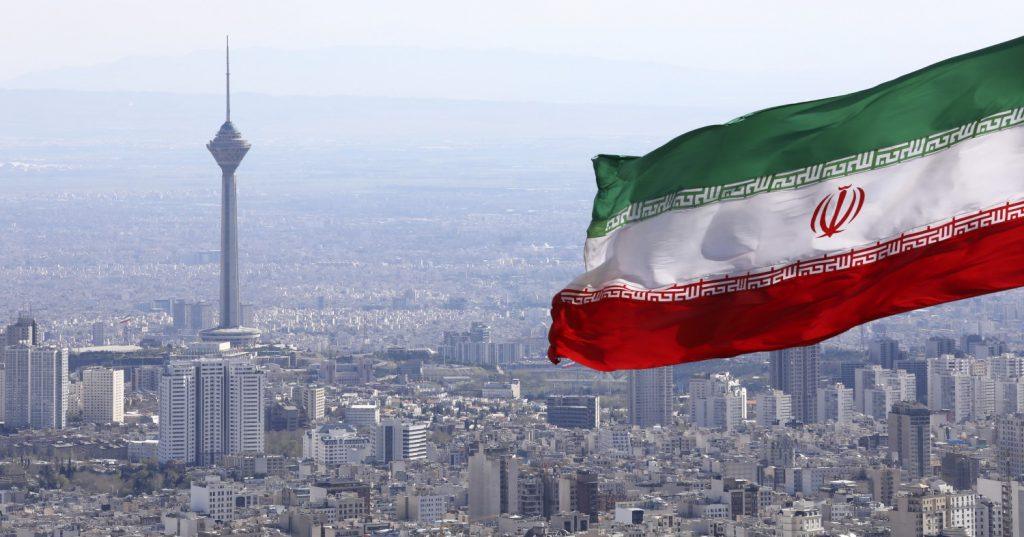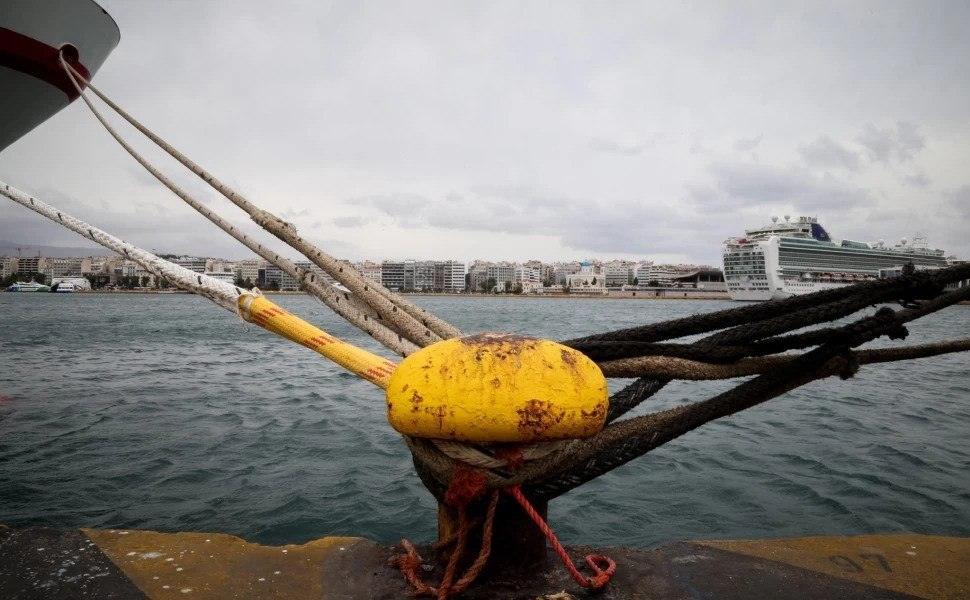The former President of the Republic and Honorary Professor of the Law School of the National and Kapodistrian University of Athens, Prokopis Pavlopoulos, referred to Greece’s demands for restitution for the forced “loan” to occupation forces and reparations for the crimes of Nazi atrocities.
Speaking in Kommeno, during the Commemoration Ceremony for the 317 Heroic Martyrs of Kommeno village, who were executed by Nazi troops onAugust 16, 1943, the former President of the Republic emphasized that the demands of Greece are always legally active and can be pursued in court. “In Representative Democracy, political responsibility is, by nature and by definition, objective and the person who exercises it must assume it in full, while it is not conceivable to transfer it to others, immediately or indirectly”, he added.
In his speech Mr. Pavlopoulos stressed that in order for the message “We do not forget, Never Again” to become a reality, the perpetrators must give Greece what rightfully belongs to it. Which means that if the Federal Republic of Germany understands and acknowledges, in full, its responsibilities for the Nazi past, it must, immediately, do towards Greece that which is dictated both by the historical path of the European Union and our common, especially Legal, European Culture.
The former president also noted that we are dealing with two completely different, from a legal point of view, issues. First, with the occupation loan to Germany, which was entered into through coercion and extortion between the quisling Greek government and Germany, for the maintenance of the occupation troops. Secondly, with the reparations for human casualties and material destruction in Greece by the occupying troops.
From the Greek point of view, the legal basis for the reparations claims against Germany finds a firm basis mainly in the provisions of Article 3 of the Fourth Hague Convention of 1907, which also codified the provisions of the Law of War until that time.
Mr. Pavlopoulos stressed that this position is, literally, National and, consequently, non-negotiable. All the more so when this position is now catalytically strengthened by the recent opinion (2019) of the Federal Expert Service of the German Parliament (Bundestag). This opinion, on the one hand, acknowledges that there is no question of waiver or limitation of claims by Greece. And, on the other hand, it urges, “expressis verbis”, Germany to accept the appeal of Greece and Germany to the competent International Court of Justice in The Hague.
The above-mentioned refusal of the Government of the Federal Republic of Germany, ignoring all the above, fully substantiated, legal arguments, appears completely unjustified, given that it contradicts both European and International Law, Mr. Pavlopoulos noted.
The Kommeno massacre
At dawn on 16 August, 120 men of the 12th Company of the 98th Regiment of the 1st Mountain Division under the command of Leutnant Willibald Röser drove to Kommeno on lorries. Most of the men had been fighting in the Eastern Front and they were accustomed to carrying out similar reprisals against the local population.
The soldiers surrounded the village from three directions, leaving unattended only the access to the Arachthos river. Houses were first attacked with grenades and as villagers awoke and tried to flee, they were indiscriminately shot at. Many women, children and elderly fell victims.
Among the first casualties was the village priest, who was killed by Röser as he begged him to spare his church fold. Several eyewitness reports described women being raped, people beaten and corpses humiliated.
The only escape route lay across the river and many villagers managed to cross it, either swimming or onboard small boats. After seizing livestock and looting valuables, the Germans set the village ablaze.
The official list of casualties includes 317 victims, among which 73 children aged under ten, and 20 entire families.















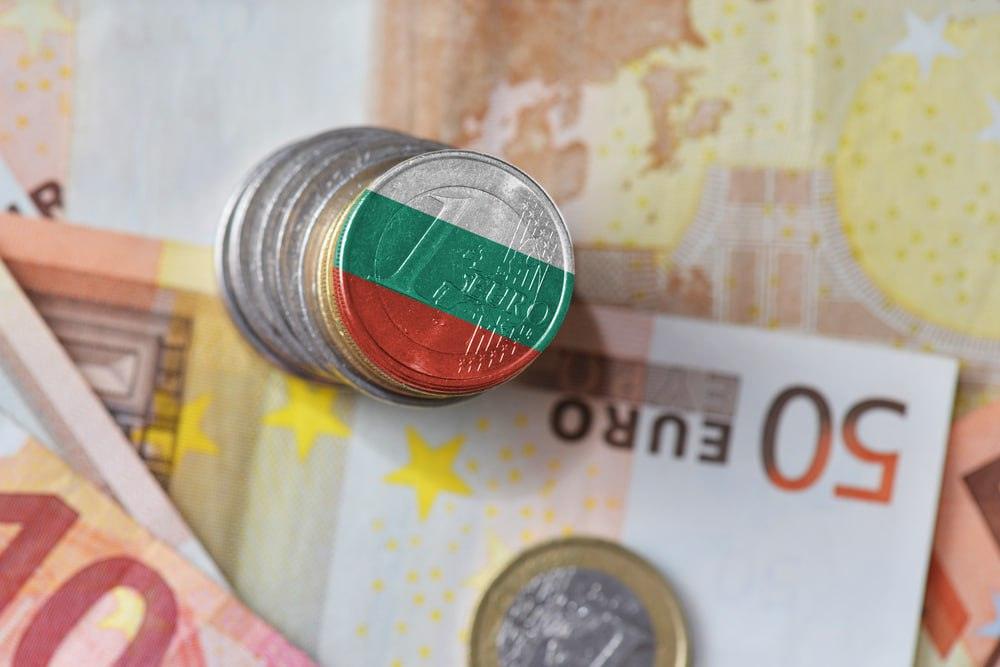
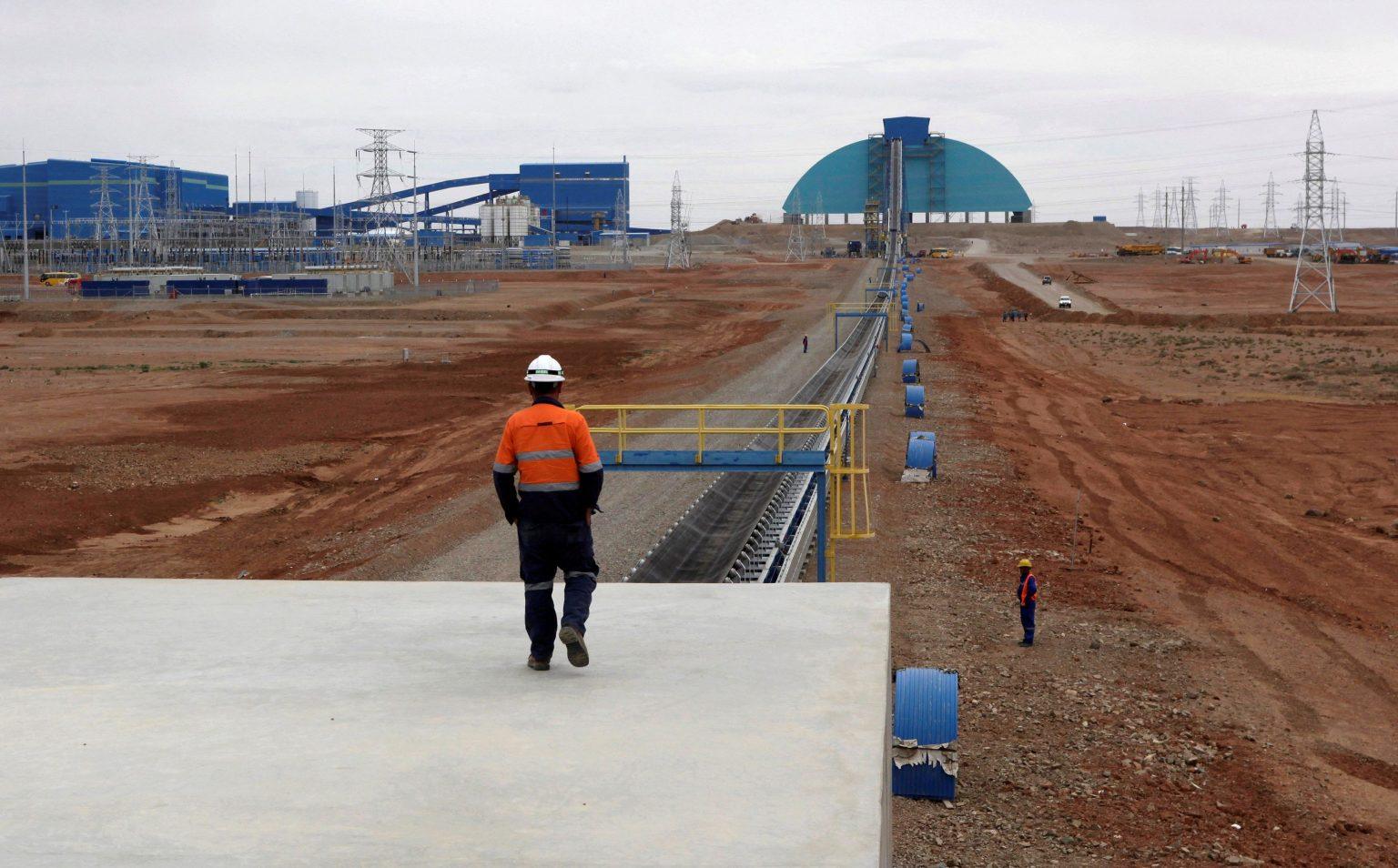




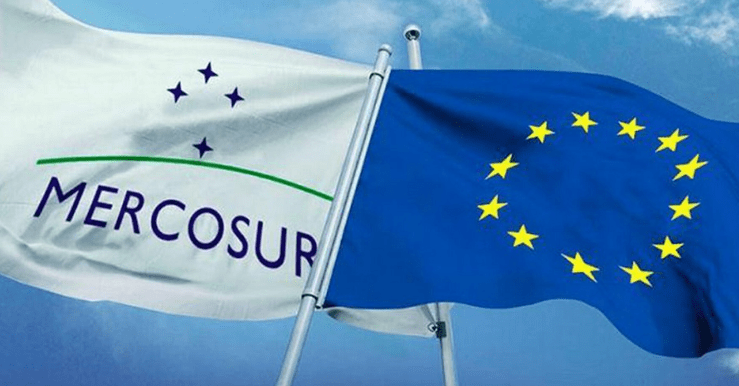

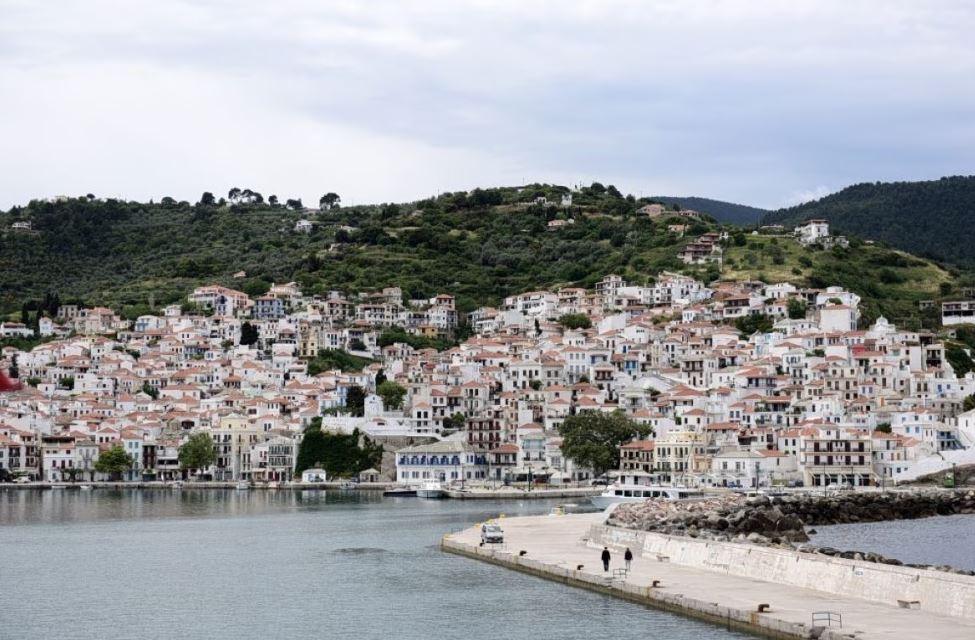




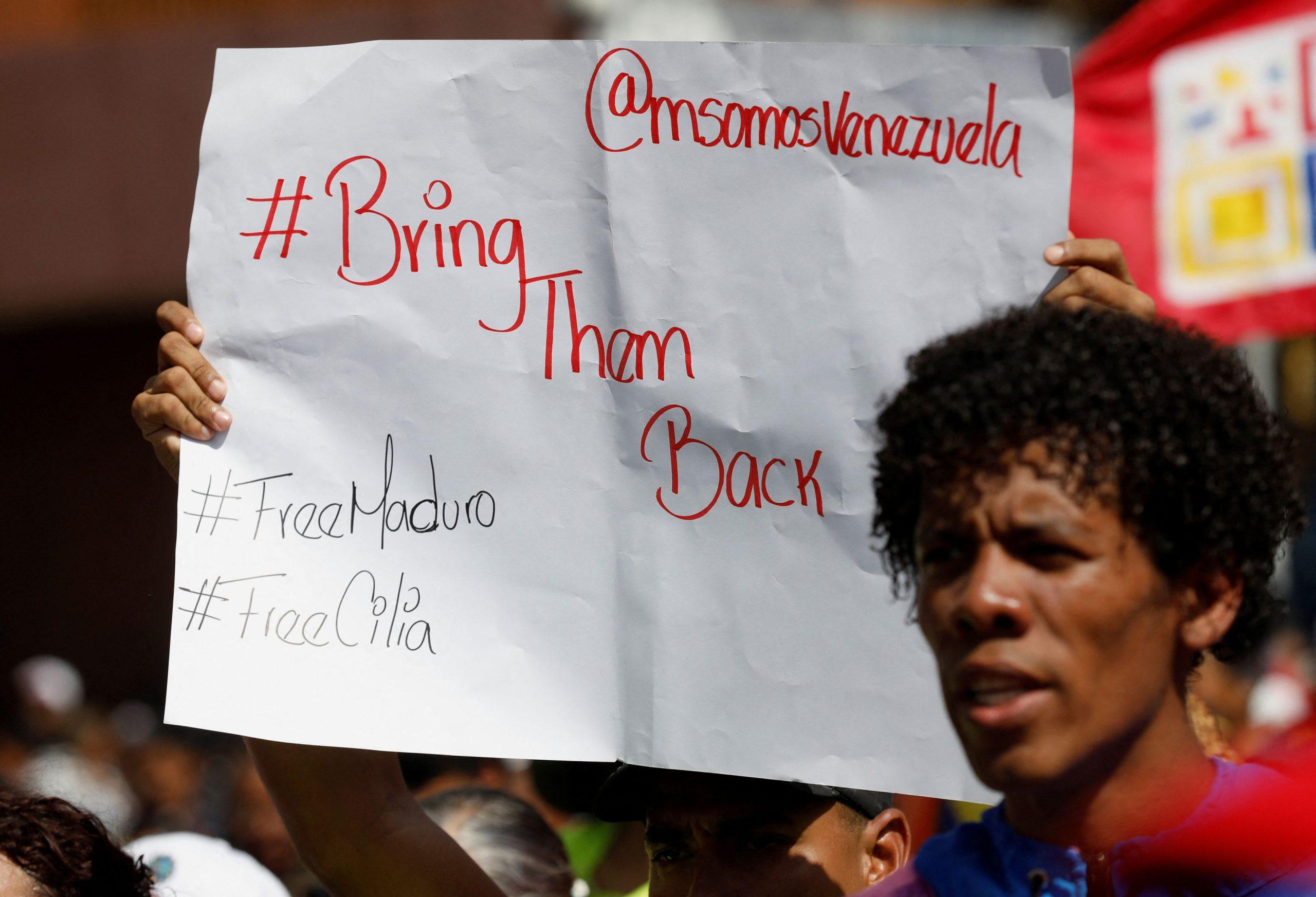


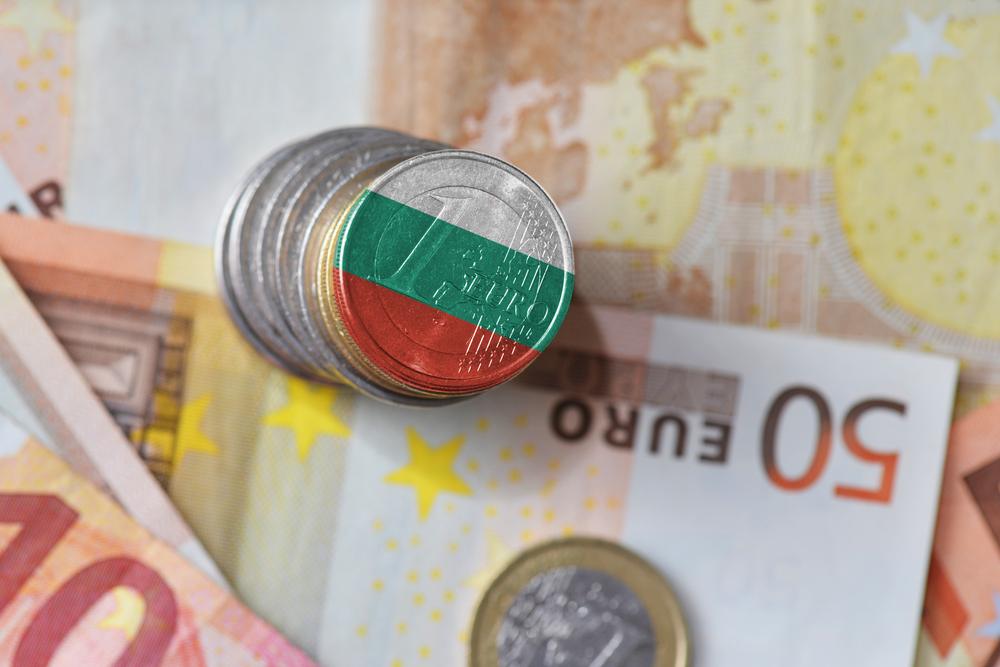
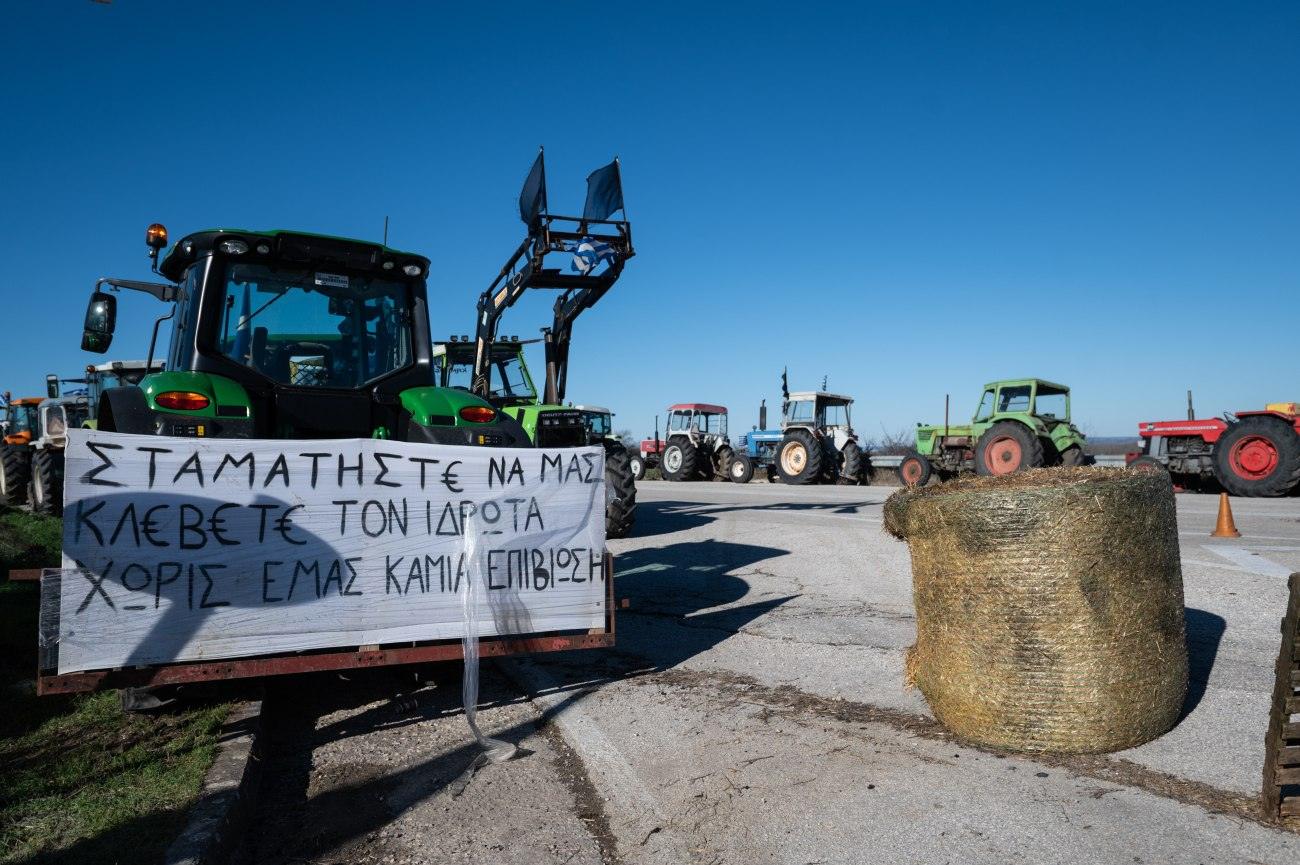
![Σούπερ μάρκετ: Στο +14,42% το κρέας τον Δεκέμβριο – Στο 1,84% ο πληθωρισμός [πίνακες]](https://www.ot.gr/wp-content/uploads/2026/01/ot_kalathi_noikokyras1-768x450-1.png)
![Airbnb: Επεκτείνεται το «μπλόκο» στη βραχυχρόνια μίσθωση [πίνακας]](https://www.ot.gr/wp-content/uploads/2025/10/airbnb-3399753_1280-1024x580-1.jpg)


